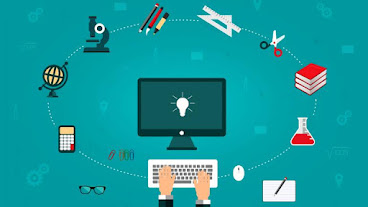By Chloe Brussard
For Law and Literacy this semester, almost all of our assignments were to read and reflect on a blog topic, usually about what we discussed in class that day. At first I thought it was kind of pointless, to be writing a blog about government policies and politics that no one but the class is going to read.
But, with each blog post, I found myself getting more and more passionate about what I was writing about. I didn't care anymore that my blog was reaching only people who had the link. Having this blog became an outlet for me to voice my opinions.
It was beginning the blog posts that always gave me trouble. I wanted to create a grabbing introduction that would make my audience want to keep reading, and gradually it became easier and easier to write those hooks. I have loved having this blog, and talking about subjects that truly matter. It's why I wanted to become a journalist in the first place.
What I also liked about keeping a blog was the fact that it always had me thinking. Sometimes I would read a prompt and have no idea what to write about. I would stare at my computer and just have zero clue where I wanted to go with it. So, I would close my computer and finish it another time. Doing this drove me crazy, just pretty much giving up on a post, so I would always be thinking about it. It would be the most random times where I would think of exactly what I want to say, like during lunch or in the middle of the night. And even at those random times I would open my computer and just write.
Some advice I would give to future students who are trying to keep a blog would be to not see the prompts as assignments.We get plenty of time to work on them throughout the semester. But don't forget about them. If you're going to take some time off from a blog, just remember to always keep it in mind, because it gives you time to really think about it, and to create the best possible responses you can.
I loved keeping a blog, because I felt like it gave me a voice. That's one of the great things about technology, is that it can give people who feel silenced a voice. For me, I never felt I was silenced, but I felt that the topics that I am so passionate about now were just so far away from me. I almost felt shielded, and having this blog forced me to open my eyes and see and hear and learn about those topics.

























